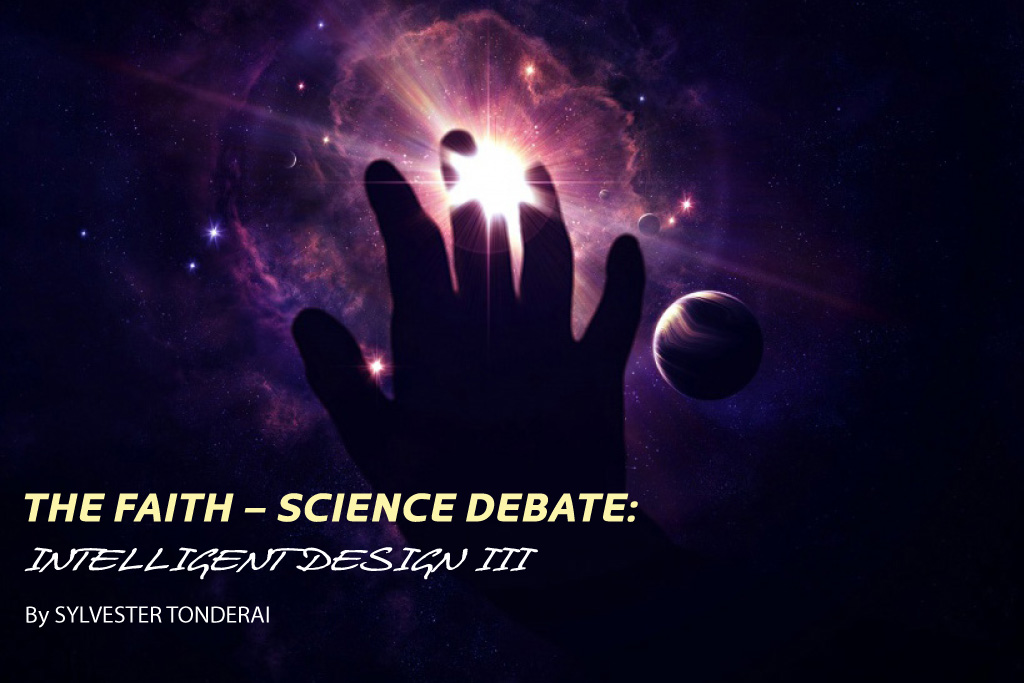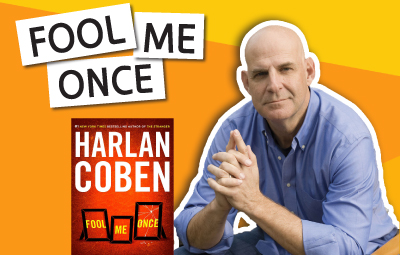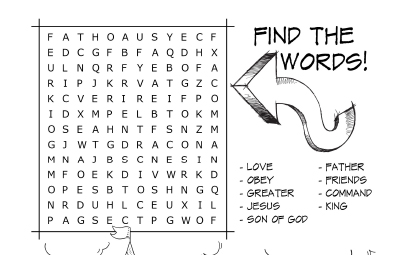
The integrative, complex systems in biological organisms, such as the DNA and protein molecules, which store information that explains life, the impression of design over creation... is overwhelming. Bruce Alberts, president of National Academy of Sciences, USA said, "We always have underestimated the cell... The entire cell can be viewed as a factory that contains an elaborate network of interlocking assembly lines, each of which is composed of a set of large protein machines... Why do we call [them] machines? Precisely because, like machines invented by humans to deal efficiently with the macroscopic world, these protein assemblies contain highly coordinated moving parts." And biochemist Franklin M. Harold further states, "[Single-cell organism is a hightech factory, complete with] artificial languages and their decoding systems, memory banks for information storage and retrieval, elegant control systems regulating the automated assembly of parts and components, error fail-safe and proof-reading devices utilized for quality control, assembly processes involving the principle of prefabrication and modular construction... [and] a capacity not equalled in any of our own most advanced machines, for it would be capable of replicating its entire structure within a matter of a few hours."
In Evolution: A Theory in Crisis, Michael Denton exclaims, "It is astonishing to think that this remarkable piece of machinery [the ribosome - a collection of some fifty large molecules containing more than one million atoms, an automated factory that can synthesize any protein that it is instructed to make by DNA], which possesses the ultimate capacity to construct every living thing that has ever existed on Earth, from a giant redwood to the human brain, can construct all its own components in a matter of minutes and... is of the order of several thousand million times smaller than the smallest piece of functional machinery ever constructed by man."
In The Wall Street Journal of October 15, 1999, George Sim Johnson pointed out, "Human DNA contains more organized information than the Encyclopaedia Britannica. If the full text of the encyclopaedia were to arrive in computer code from outer space, most people would regard this as proof of the existence of extra-terrestrial intelligence. But when seen in nature, it is explained as the workings of random forces."
Lead biology professor Dean Kenyon, who consequently repudiated the conclusions of his own book on the chemical origin of life by upholding Intelligent Design, said, "This new realm of molecular genetics [is] where we see the most compelling evidence of design on the Earth." Whereas former US President Bill Clinton said scientists were "learning the language in which God created life," geneticist Francis S. Collins, head of the Human Genome Project, said DNA was "our own instruction book, previously known only to God." And philosopher and scientist Stephen Meyer remarked, "And in the DNA, neither chemistry nor physics arranged the letters into the assembly instructions for proteins. Clearly, the cause comes from outside the system. And that cause is intelligence."
The human brain weighs just three pounds but has ten thousand million nerve cells, each sending out enough fibres to create a thousand million connections. That's equal to the number of leaves in a dense forest covering a million square miles. Yet selfhood is not explicable in material or physical terms and consciousness cannot be evaluated by matter. Serve for life itself, consciousness is the single most important fact about our existence. Most scientists assert that mind, consciousness or the soul is a separate entity from the brain. These scientific researches are in tandem with the dichotomous theory of Christian anthropology.
In Can a Darwinian Be a Christian? Even Darwinist philosopher Michael Ruse concedes, "Why should a bunch of atoms have thinking ability? Why should I, even as I write now, be able to reflect on what I am doing and why should you, even as you read now, be able to ponder my points, agreeing or disagreeing, with pleasure or pain, deciding to refute me or deciding that I am just not worth the effort? No one, certainly not the Darwinian as such, seems to have any answer to this... The point is that there is no scientific answer."
Philosopher Robert W. Augros and physicist George N. Stanciu point out, "Physics, neuroscience, and humanistic psychology all converge on the same principle: mind is not reducible to matter... The vain expectation that matter might someday account for mind... is like the alchemist's dream of producing gold from lead." And Stephen Meyer further expresses, "Information is the hallmark of the mind. And purely from the evidence of genetics and biology, we can infer the existence of a mind that's far greater than our own - a conscious, purposeful, rational, intelligent designer who's amazingly creative."
Evidence of physics, biology, chemistry, cosmology, biochemistry, astronomy... demonstrates that the cause of the universe must be uncaused, unique, beginning-less, timeless, immaterial, personal, creative, intelligent, rational, caring - an omnipresent being endowed with freedom of will and enormous power, who gave mankind purpose and provides for life, even after death. God is His name!
Stephen Meyer PhD, one of the most knowledgeable and compelling voices among scientists who believe in the Intelligent Design, expressed, "I look at the stars in the night sky or reflect on the structure and information-bearing properties of the DNA molecule, and these are occasions for me to worship the Creator who brought them into existence. I think of the wry smile that might be on the lips of God as in the last few years all sorts of evidence for the reliability of the Bible and for his creation of the universe and life have come to light. I believe he has caused them to be unveiled in his providence and that he delights when we discover his fingerprints in the vastness of the universe, in the dusty relics of palaeontology, and in the complexity of the cell."
"The vast mysteries of the universe should only confirm our belief in the certainty of its creator. I find it as difficult to understand a scientist who does not acknowledge the presence of a superior rationality behind the existence of the universe as it is to comprehend a theologian who would deny the advances of science."
Robin Collins, PhD., remarked, "God doesn't usually appear supernaturally somewhere and say, 'Here I am.' He uses preachers to bring people his message of redemption through Christ. And sometimes he uses natural means. Romans 1:20 tells us that God eternal power and divine nature can be seen and understood through things that are made, and that this is the reason humanity is without excuse. I see physics as uncovering the evidence of God's fingerprint at a deeper and more subtle level than the ancients could have dreamed of. He has used physics to enable me to see the evidence of his presence and creative ability. The heavens really do declare the glory of God, even more so for someone trained with physics and with eyes to see. That has been a tremendous encouragement to me."
Renowned astronomer and pioneer in space research John A. O'Keefe asserts, "We are, by astronomical standards, a pampered, cossetted, cherished group of creatures; our Darwinian claim to have done it all ourselves is as ridiculous and as charming as a baby's brave efforts to stand on its own feet and refuse his mother's hand. If the universe had not been made with the most exacting precision we could never have come into existence. It is my view that these circumstances indicate the universe was created for man to live in."
Father of space science, Werner von Braun, remarks, "The vast mysteries of the universe should only confirm our belief in the certainty of its creator. I find it as difficult to understand a scientist who does not acknowledge the presence of a superior rationality behind the existence of the universe as it is to comprehend a theologian who would deny the advances of science." And Sir John M Templeton expresses, "Faith does not imply a closed, but an open mind. Quite the opposite of blindness, faith appreciates the vast spiritual realities that materialists overlook by getting trapped in the purely physical."










































































